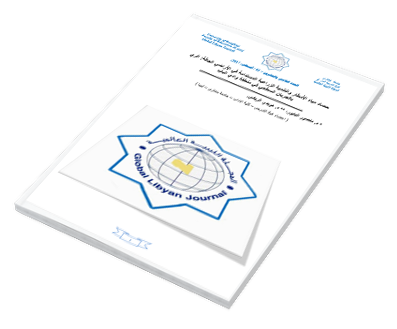Rainwater Harvesting and Sustainable Agriculture in Arid Lands: Runoff Farming in the Area of Wadi al-Bab
DOI:
https://doi.org/10.37376/1570-000-025-008Abstract
Runoff farming is a traditional water harvesting technique practiced for millennia in many arid and semi-arid regions of the world as a means to ease water scarcity. In such regions, rainwater seeping down hillsides and Wadi floors is trapped and diverted, through trenches and dikes, to be stored in cisterns or aimed directly to irrigate adjacent level or low sloping land. Low height cross-Wadi walls (known as check dams), built by piled stones, slow the pace of water running down Wadis, thus allowing it to be infiltrated in Wadi floors which later planted with different crops. Ditches and embankments constructed across hill slopes and alongside Wadis perform similar functions. Some of the water collected by these two means is directed to fill underground cisterns dug for this purpose.
Downloads

Downloads
Published
How to Cite
Issue
Section
License
Copyright (c) 2021 Global Libyan journal

This work is licensed under a Creative Commons Attribution-NonCommercial-NoDerivatives 4.0 International License.




